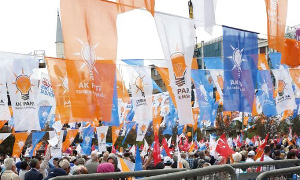Turkey’s Constitutional Referendum and Erdogan’s Faded Democratic Credentials
by Gareth H. Jenkins
June 1, 2017
The Turkish constitutional referendum of April 16, 2017 dealt yet another blow to President Tayyip Erdoğan’s already faltering claim to democratic legitimacy. Not only did both the referendum and campaign that preceded it fall short of democratic norms but the Turkish authorities’ refusal to investigate the numerous reports of fraud and apparent irregularities suggests that the regime no longer feels the need to maintain even the semblance of the rule of law.
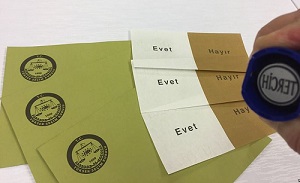
Turkey and Russia: Aggrieved Nativism par excellence
by Suat Kınıklıoğlu
May 10, 2017
Turkey and Russia have recently both turned to an aggrieved nativism that delegitimizes democratic opposition. This nativism is nationalist, anti-elitist, protectionist, revanchist/irredentist, xenophobic and "macho". Despite three decades of post-Cold War transition both countries have failed to be at peace with themselves; have not been able to adjust to their neighboring regions and come to terms with their respective histories.
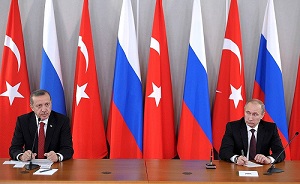
“Weaponizing” the Diaspora: Erdoğan and the Turks in Europe
By Svante E. Cornell
April 5, 2017
Scandals have emerged all over Europe over the alleged illicit intelligence activity of organizations loyal to Turkish President Recep Tayyip Erdoğan. But the issue is considerably larger. The Turkish government has engaged in a systematic effort to mobilize the Turkish diaspora in Europe for the purposes of Erdoğan’s regime – as voters in Turkish elections, as a pressure group in the politics of their countries of residence, and as informants and bullies against Erdoğan’s opponents.
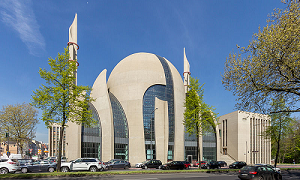
Ticking Clocks: Erdoğan and Turkey’s Constitutional Referendum
By Gareth H. Jenkins
March 31, 2017
Whatever the outcome, the Turkish constitutional referendum on April 16 will not resolve the country’s chronic domestic instability, heal its deepening social divisions, revive its flagging economy or end its growing international isolation. But it will shape both the nature of the further turbulence to come and the duration of what is already the final stage of the Erdoğan era.
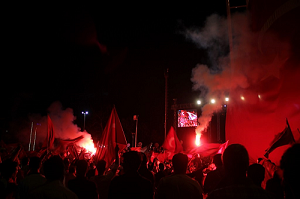
Turkey Today: A Democracy without Opposition
By Burak Bilgehan Özpek
February 28, 2017
The AKP regime has from the very beginning of its rule successfully deployed the tactic of defaming and delegitimizing opposition. But the tactic has ultimately been successful because those who have successively been targeted by the AKP – seculars, liberals, the left, Kurds – have also held each other’s demands or opposition to be illegitimate. Turkey’s democracy is thus crippled not only because the opposition has been defamed and even criminalized all along since the beginning of the AKP regime. It is the divisions in society that make authoritarianism possible.
